Our Learning
Literacy & Numeracy
Reading, writing and mathematics form the foundation of the curriculum and our aim is to develop students' literacy and mathematical knowledge and skills to enhance their participation and contribution in all aspects of their school life and beyond.
To do this Tawatawa - Ridgway provides balanced programmes' based on the NZ Curriculum and support documents, current pedagogy and best practice.
Learning Areas
Tawatawa - Ridgway pursues an integrated approach to curriculum learning areas with authentic learning contexts relevant to the lives of our students.
We are proud to be an Enviroschool and a Schoolgen school and we are committed to providing a future focused curriculum that emphasises the issues of sustainability, citizenship, globalisation, and enterprise. The Enviroschool Learning Cycle provides our preferred inquiry model.
Learning Groups
A collaborative approach to teaching is used at all levels with students and teachers working together in teams. Students will work with different peers and teachers from their whānau group at different times for varied purposes. Each student is connected with a home base teacher who is responsible for their well-being and educational success.
Assessment Statement
Reporting against curriculum expectations is undertaken twice yearly using OTJs and assessment data. School-wide targets are based on the New Zealand Curriculum expectations and Education Counts data from comparable schools.
Differentiated programmes cater for individual needs and students and their whanau are fully involved in setting personalised learning goals.
Learning intentions and success criteria are co-constructed with students and learning progressions are shared to identify next steps and the purpose for learning. A range of formative assessment practices are used, including self and peer evaluations.
School wide data is collected to track progress and inform planning using the following…
-Maths: JAM, GLOSS, IKAN, basic facts & PAT Maths
-Reading: Running Records, STAR, e-asTTle
-Writing: samples of work analysed with e-asTTLe indicators, & exemplars
-Learning areas: skills and knowledge based assessment.
|
New Zealand Curriculum Expectations |
||||||||
|
Year 1 |
Year 2 |
Year 3 |
Year 4 |
Year 5 |
Year 6 |
Year 7 |
Year 8 |
|
|
Level 1 |
Level 1 |
Level 2 |
Level 2 |
Level 3 |
Level 3 |
Level 4 |
Level 4 |
|
|
Reading |
Green |
Turqoise |
Gold |
Achieving at Level 2 |
Working towards Level 3 |
Achieving at Level 3 |
Working towards Level 4 |
Achieving at Level 4 |
|
Writing |
Working towards Level 1 |
Achieving at Level 1 |
Working towards Level 2 |
|||||
|
Maths |
Numeracy Stage 2-3 CO |
Numeracy Stage 4 AC |
Numeracy Stage 5 EA |
Numeracy Stage 5 EA/AA |
Numeracy Stage 6 AA |
Numeracy Stage 6 EM |
Numeracy Stage 7 AM |
Numeracy Stage 7 Early AP |
How we work to achieve our goals:
1. School organisation and systems are established to promote a culture where our values are evident and practiced by all.
2. Our community is fully involved in student learning, school activities, and decision making processes.
3. Students actively participate in school life, with older students taking on varied responsibilities and fulfilling numerous leadership roles.
4. High student engagement in learning is maintained by providing choices within a broad curriculum, ensuring appropriate use of e-learning tools, and being clear about what is to be learnt.
5. The school's property and resources support the curriculum and ensure equity of learning outcomes for all.
6. The Tawatawa - Ridgway Curriculum is future focused to enhance student achievement by:
a. supporting students to demonstrate proficiency in the Key Competencies
b. promoting a collaborative learning culture
c. encouraging self-directed learning.
7. Teaching as Inquiry continually improves teaching practice and student achievement.
8. Students achieve or exceed the expectations of the New Zealand Curriculum.
9. Year 8 graduates epitomise the Tawatawa - Ridgway Leaver's Profile.
Further Reading
Grow Waitaha - The innovative learning model: sharing key messages
This document has further links to various research and articles that support the ideas underpinning ILEs.
Modern Learning Environments: Case Studies - Education Gazette 26 Jan 2015
Innovative Learning Environments: Where's the evidence? - ICT & Procurement, Part 1, 2016




Find us on Facebook
Copyright 2020 Ridgway School | Contact Us | Designed by Expert and Powered by MoST Infrastructure Platform
Playground design by Mark Newdick, Photography by Andy Spain